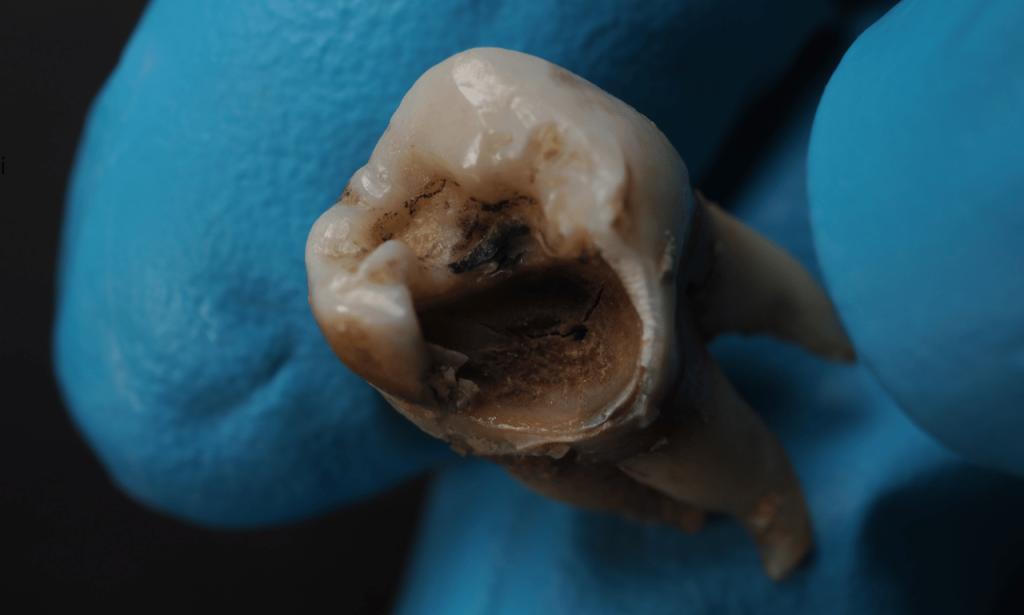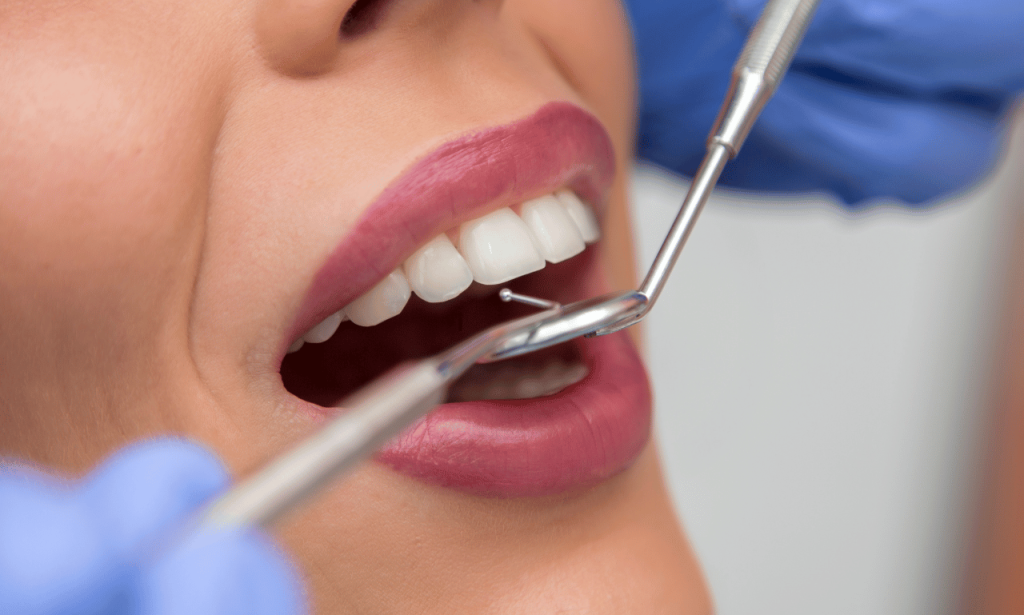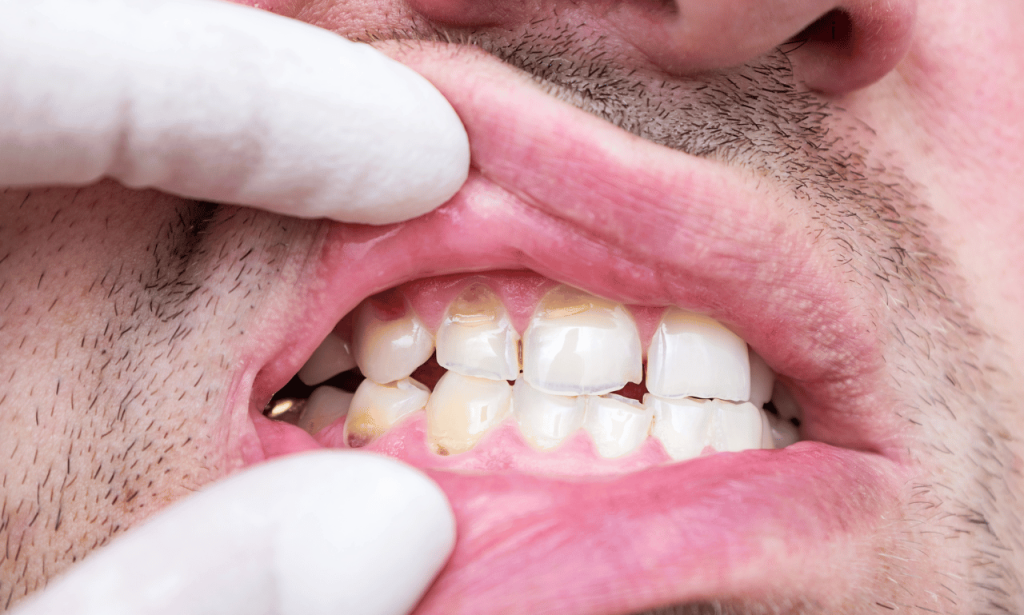Brittle teeth, a condition that leads to weakened, fragile, and more prone to breakage teeth, can significantly affect oral health and the overall well-being of an individual. In a bit, we’ll delve into what causes brittle teeth including the treatment and prevention.
Brittle teeth result from several factors that compromise tooth enamel, the hard outer layer that protects the inner structure of your teeth.
Looking for a solution that supports your dental health and promotes overall well-being? Don’t wait—take action now! Click here to explore ProDentim, a product specifically designed to help maintain optimal oral hygiene. Act fast to secure your health and grab this exclusive offer today!
Weak or damaged enamel can lead to dental issues, including tooth decay, chips, fractures, and increased sensitivity.
1. The Role of Tooth Enamel
Tooth enamel is the hardest substance in the human body. It serves as a protective layer, shielding the inner structure of teeth (dentin and pulp) from damage caused by daily activities such as chewing, biting, and grinding.
However, tooth enamel can wear down over time due to exposure to various factors, which weaken the teeth and make them more prone to brittleness.
Enamel does not regenerate, so it is essential to immediately prevent further deterioration once it is damaged. Losing enamel can lead to tooth sensitivity, discoloration, and an increased risk of fractures or chips.
Causes of Enamel Weakness:
- Acidic Foods and Beverages: Consuming acidic foods, such as citrus fruits and fruit juices, can erode tooth enamel over time. The acids in these foods soften the enamel, making it easier for it to wear away during chewing or brushing. Soda, energy drinks, and wine contain enamel-weakening acids.
- Sugary Foods: Sugary foods, especially hard candies, and sugary drinks, contribute to tooth decay and enamel loss. Bacteria in the mouth feed on sugar, producing acid as a byproduct, which weakens the enamel and increases the likelihood of developing cavities.
- Enamel-Wearing Habits: Bad habits like grinding teeth (bruxism) and chewing hard foods (such as ice or hard candy) put stress on the enamel, causing it to wear away and increasing the risk of chips and fractures.
2. Medical Conditions Affecting Brittle Teeth
Certain medical conditions can also lead to brittle teeth. These conditions may affect the body’s ability to produce enough saliva, the minerals that support enamel health, or even the overall structure of teeth.
- Dry Mouth: Saliva plays a crucial role in maintaining the health of tooth enamel by neutralizing acids and providing essential minerals. Medical conditions that cause dry mouth, such as Sjögren’s syndrome or radiation therapy for cancer, can lead to weaker enamel and an increased risk of tooth damage.
- Gastroesophageal Acid Reflux Disease (GERD): Acid reflux can bring stomach acids into the mouth, exposing the teeth to enamel-damaging acids that weaken their protective layer.
- Dentinogenesis Imperfecta: A genetic disorder that affects the development of dentin, the tissue beneath the enamel, leading to weaker, more fragile teeth. People with this condition often experience discolored and brittle teeth from a young age.
3. Poor Diet and Nutritional Deficiencies

A diet lacking in essential minerals like calcium and phosphorus can weaken teeth and lead to brittle enamel. Calcium is vital for building strong teeth, while phosphorus helps protect and rebuild tooth enamel. Without adequate intake of these minerals, teeth become more susceptible to fractures, decay, and brittleness.
Similarly, a diet rich in processed and sugary foods contributes to poor oral health and weakens the enamel over time.
4. Dental Issues and Brittle Teeth

Several dental conditions can contribute to brittle teeth, including:
- Tooth Decay: Cavities caused by poor oral hygiene or excessive consumption of sugary foods can weaken teeth, making them more brittle and prone to damage.
- Gum Disease (Periodontal Disease): Advanced gum disease affects the structures that support the teeth, including the bone, which can lead to tooth mobility and eventual tooth loss. As the foundation weakens, teeth become more susceptible to breaking.
- Large Fillings and Root Canal Treatments: Dental procedures like large fillings and root canals can weaken the overall structure of a tooth, making it more likely to fracture or break under pressure. This is especially true for front teeth or teeth that have undergone multiple treatments.
5. Genetic Factors and Brittle Teeth
Genetic factors also play a significant role in the strength of tooth enamel. People with certain genetic conditions may have weaker enamel from birth, making their teeth more vulnerable to damage and decay.
One such condition is dentinogenesis imperfecta, which affects the development of the dentin. People with this condition tend to have brittle, discolored teeth from a young age.
6. External Factors Leading to Brittle Teeth
Brittle teeth can also result from external factors such as:
- Contact Sports: Without wearing a mouthguard, participating in contact sports can lead to chipped or broken teeth, especially if the teeth are already weak.
- Bad Habits: Chewing on hard objects like ice, pens, or fingernails can lead to minor chips and eventually weaken the tooth structure, making it more prone to fractures.
- Cold and Hard Foods: Biting into hard foods like nuts or hard candy, or consuming very cold foods, can cause minor cracks or chips, which weaken the teeth over time.
7. Preventing Brittle Teeth
Preventing brittle teeth requires a combination of proper dental care, a healthy diet, and protective measures to reduce the risk of enamel damage. Here are several key strategies to maintain strong, healthy teeth:
- Maintain Good Oral Hygiene: Brushing twice a day with fluoride toothpaste and flossing daily is essential for removing plaque and preventing tooth decay, gum disease, and enamel erosion. Regular dental exams can help detect problems early and prevent further damage.
- Fluoride Supplements: Fluoride helps strengthen tooth enamel, making it more resistant to decay. If you live in an area without fluoridated water, ask your healthcare provider about fluoride supplements.
- Dietary Changes: Limit acidic and sugary foods to protect enamel. Instead, focus on a diet rich in calcium and phosphorus to strengthen teeth. Drinking water after meals can help wash away harmful acids and sugars, reducing their impact on enamel.
- Use a Mouthguard: If you participate in contact sports or grind your teeth at night, wearing a mouthguard can protect your teeth from damage.
- Avoid Bad Habits: Refrain from biting on hard objects or using your teeth as tools to open packages, as this can lead to fractures or chips in your teeth.
- Stay Hydrated: Drinking enough water is essential for saliva production, which helps maintain the balance of acids in the mouth and keeps enamel healthy. Chewing sugar-free gum can also stimulate saliva production.
8. Treatment Options for Brittle Teeth

If you already have brittle teeth, several treatment options are available to restore and strengthen your teeth:
- Dental Crowns: Crowns are often used to protect weak or damaged teeth. They cover the entire tooth, providing a protective layer and restoring the tooth’s strength and appearance.
- Dental Bonding: For minor chips or fractures, dental bonding involves applying a composite resin to the damaged area. The resin is shaped and polished to match the natural tooth and strengthen the overall structure.
- Root Canal Treatment: If the damage has affected the inner structure of the tooth, a root canal may be necessary to remove the damaged tissue and save the tooth from extraction.
- Dental Onlays or Inlays: For teeth that are too damaged for a filling but not enough to require a crown, dental onlays or inlays can be used to restore the tooth’s structure.
9. The Importance of Regular Dental Exams

Regular dental exams are crucial for maintaining good dental health and preventing further damage to brittle teeth. During a dental exam, your dentist can identify early signs of enamel erosion, tooth decay, or other dental issues, allowing for timely intervention.
Dentists may also recommend specific treatments like fluoride varnishes or sealants to protect your teeth from decay and erosion.
10. Maintaining Overall Health for Strong Teeth
The health of your teeth is closely linked to your overall health. Certain medical conditions, nutritional deficiencies, and medications can affect your oral health. It’s essential to take care of your entire body to maintain healthy teeth.
Regular visits to your healthcare provider and proper care for any medical conditions can help prevent dental issues.
Conclusion: Protect Your Smile
Brittle teeth can lead to a wide range of dental problems, but with proper care and preventive measures, it’s possible to maintain strong, healthy teeth. By understanding the causes of brittle teeth and taking steps to address them, you can enjoy a healthy smile for years to come.
Implementing good oral hygiene habits, avoiding harmful foods and behaviors, and seeking timely dental care are the best ways to protect your enamel and prevent further damage. If you already have brittle teeth, consult with your dentist to explore the best treatment options and restore your smile.


